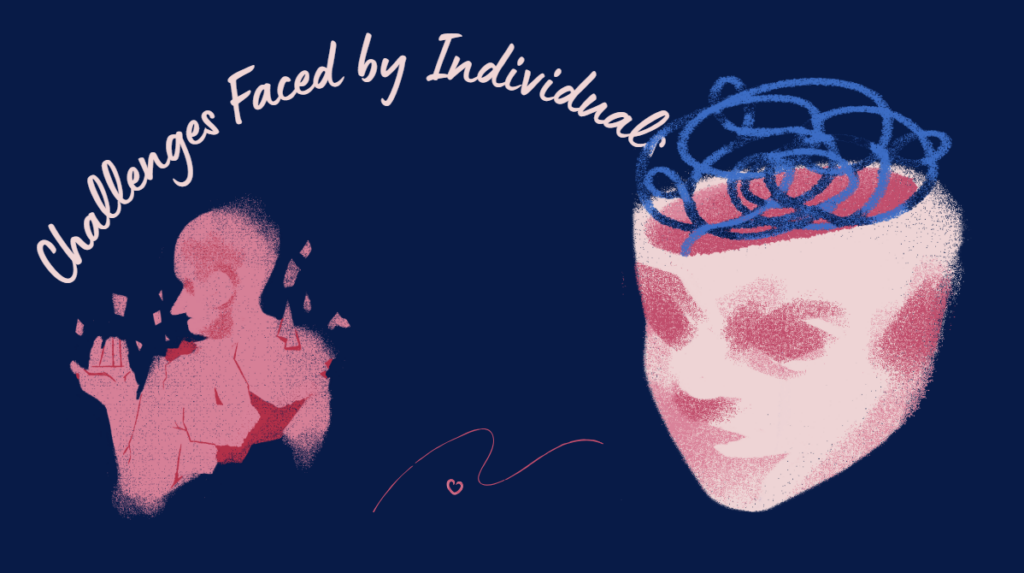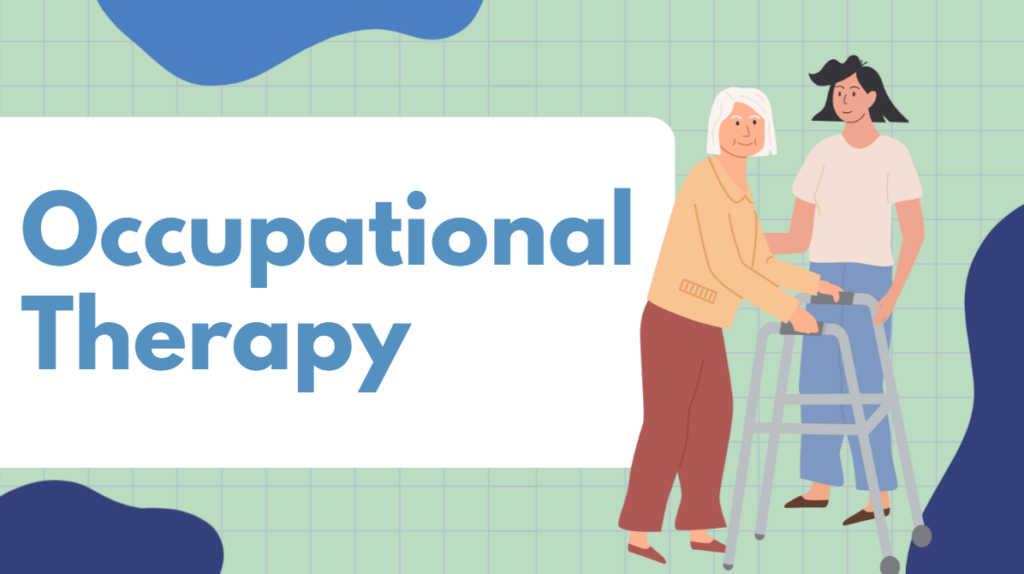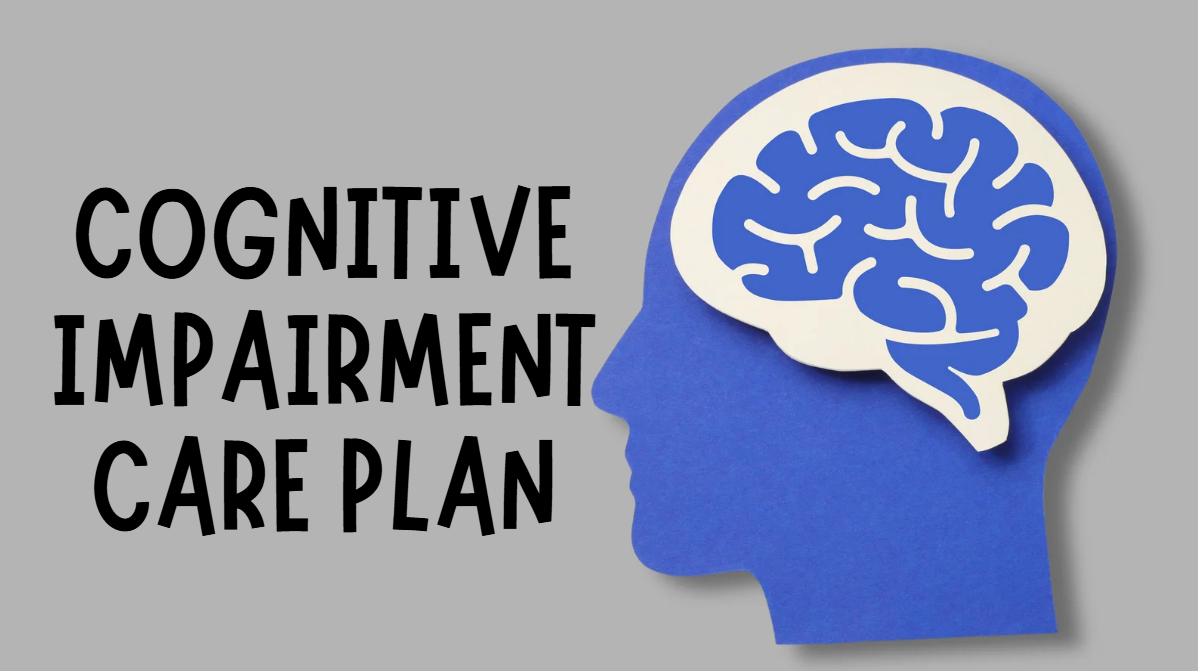Have you ever watched a loved one struggle to remember a familiar route home, lose focus mid-conversation, or forget how to complete a once-simple task? These moments can be worrying—not only for the person experiencing them but also for those who care deeply about their well-being. Cognitive impairment, which affects thinking, memory, attention, and problem-solving, can significantly change how someone navigates daily life.
But here’s the hopeful part: with the right support and a personalized care plan, many individuals can regain independence and confidence. Occupational therapy (OT) is one of the most effective ways to do this. Through goal-oriented strategies, environmental adjustments, and cognitive training, occupational therapists help people adapt, rebuild skills, and live meaningful lives despite cognitive challenges.
This guide explores how a Cognitive Impairment Care Plan works and how occupational therapy supports long-term recovery, independence, and emotional well-being.
What Is Cognitive Impairment?
Cognitive impairment refers to a decline in one or more areas of mental function—such as memory, attention, reasoning, or decision-making. It can range from mild forgetfulness to severe dementia that interferes with daily life.
- Mild cognitive impairment (MCI) often involves small but noticeable changes in memory or thinking. A person may forget appointments or struggle to find word,s but can still function independently.
- Severe cognitive impairment, seen in conditions like Alzheimer’s disease or brain injury, can significantly disrupt daily tasks, personal care, and social relationships.
Cognitive changes aren’t always permanent. Some people experience temporary impairments due to medication effects, sleep deprivation, or emotional stress—factors that can improve with therapy and lifestyle changes. Others have progressive forms, such as dementia, that require long-term management and support.
Common Causes
Cognitive impairment can stem from many factors, including:
- Neurological conditions: Alzheimer’s disease, Parkinson’s disease, multiple sclerosis, or stroke.
- Traumatic brain injuries (TBI): Caused by accidents or falls that damage brain tissue.
- Infections and metabolic disorders: Such as meningitis, thyroid imbalance, or vitamin deficiencies.
- Medication side effects or substance use: Some drugs or alcohol misuse can affect cognitive clarity.
- Psychological factors: Chronic stress, depression, and anxiety can cloud memory and attention.
- Lifestyle influences: Poor sleep, inadequate nutrition, and lack of mental stimulation can gradually affect brain performance.
Typical Challenges Faced by Individuals with Cognitive Impairments

Cognitive impairments can touch nearly every part of daily life. Many people experience:
- Memory problems: Forgetting conversations, misplacing items, or missing appointments.
- Difficulty focusing: Trouble completing tasks, following instructions, or multitasking.
- Poor judgment or decision-making: Leading to safety concerns, such as leaving the stove on or wandering.
- Disorientation: Losing one’s sense of direction in familiar environments or becoming lost in time.
- Emotional distress: Anxiety, frustration, or low confidence stemming from loss of independence.
- Social withdrawal: Avoiding gatherings or hobbies out of embarrassment or confusion.
Family members and caregivers often feel overwhelmed as well. They might not know how to help without taking over tasks completely. This is where a structured cognitive care plan, guided by occupational therapy, can bring direction, relief, and hope to both individuals and families.
What Is a Cognitive Impairment Care Plan?
A Cognitive Impairment Care Plan is a personalized roadmap that outlines goals, interventions, and strategies designed to help individuals manage or improve cognitive functioning.
Rather than using a one-size-fits-all approach, occupational therapists build care plans based on detailed assessments—looking at what skills remain strong, where challenges exist, and how a person’s environment supports or hinders performance.
The main purpose of the care plan is to maximize independence, safety, and quality of life. It’s not just about restoring memory or attention—it’s about helping people participate fully in daily routines, social interactions, and meaningful activities that make life fulfilling.
Key Elements

Every cognitive care plan may look different, but most include these core elements:
- Comprehensive Assessment
The OT begins by evaluating memory, attention, problem-solving, communication, and emotional regulation. They may observe how the client performs daily tasks like cooking, dressing, or managing bills to identify areas of difficulty. - Goal Setting
Goals are realistic, measurable, and personally meaningful—such as “remembering medication times” or “managing a grocery list independently.” - Intervention Strategies
- Restorative techniques: Activities designed to retrain the brain (e.g., sequencing exercises, memory games).
- Compensatory techniques: Teaching external aids—like planners, color-coded notes, or phone reminders—to bypass cognitive challenges.
- Environmental modifications: Simplifying surroundings, labeling items, and improving lighting or organization.
- Education and Training
Clients and caregivers learn practical strategies for managing memory loss, organizing routines, and promoting safety. - Progress Monitoring
Care plans are living documents—reviewed and adjusted regularly to match the client’s evolving needs.
Who Benefits
A cognitive impairment care plan benefits anyone whose mental functions interfere with daily living, including:
- Older adults with age-related memory changes or early dementia.
- Stroke or brain injury survivors regaining independence.
- Individuals with neurological or psychiatric conditions affecting attention and decision-making.
- People experiencing cognitive fog due to long-term illness, medication, or emotional stress.
Even mild impairment deserves attention. Early occupational therapy intervention can slow progression, restore function, and make everyday life more manageable.
When to Seek Occupational Therapy for Cognitive Impairment
Knowing when to seek help can make all the difference. Consider consulting an occupational therapist if you or a loved one:
- Frequently forgets appointments, conversations, or familiar tasks
- Has trouble managing time, money, or medication schedules
- Becomes confused in familiar environments
- Experiences mood swings, frustration, or withdrawal
- Has safety issues (e.g., leaving doors unlocked, wandering, kitchen accidents)
You don’t need a formal diagnosis of dementia to start therapy. In fact, the earlier you begin, the better the outcomes. Occupational therapists can identify subtle cognitive changes and design interventions that preserve independence before problems escalate.
A simple referral from a physician—or a direct consultation with a licensed OT—can be the first step toward building a care plan tailored to your needs.
Ways Occupational Therapy Can Make a Difference

Occupational therapists specialize in helping individuals live life to the fullest despite challenges. Here’s how OT transforms the experience of living with cognitive impairment:
1. Cognitive Retraining and Stimulation
Occupational therapists use targeted mental exercises to strengthen thinking and memory. This can include:
- Sequencing activities (e.g., organizing steps in meal prep)
- Attention and recall games
- Problem-solving scenarios simulating real-life challenges
- Task-based training to reinforce executive function
These exercises help rebuild neural pathways and enhance brain plasticity—the brain’s natural ability to adapt and form new connections.
2. Compensatory Strategies
Not every lost skill can be fully restored—but OTs teach smart workarounds:
- Using checklists, planners, or smartphone apps to manage tasks
- Color-coding items for easy identification
- Breaking complex activities into smaller, step-by-step actions
- Setting reminders for meals, medications, or appointments
These tools help clients feel organized and self-reliant rather than dependent.
3. Environmental Modifications
A cluttered or confusing space can increase frustration. Occupational therapists help design supportive environments:
- Labeling drawers, cabinets, or switches
- Arranging furniture to minimize fall risk
- Improving lighting and contrast for visual clarity
- Creating structured routines to reduce decision fatigue
Even small changes—like moving frequently used items to eye level—can make daily life smoother and safer.
4. Restoring Independence in Daily Living
OT sessions focus on real-world activities, not abstract exercises. Clients practice tasks such as:
- Dressing using adaptive techniques (like laying out clothes in order)
- Cooking with safety aids and simplified recipes
- Managing medications through pill organizers or digital reminders
- Engaging in meaningful hobbies to maintain purpose and joy
Through task repetition and coaching, OTs build competence and confidence.
5. Emotional and Social Reintegration
Cognitive decline can take an emotional toll. Occupational therapists address this by:
- Encouraging participation in group activities or social clubs
- Teaching coping skills for frustration and anxiety
- Re-engaging clients in hobbies they once enjoyed
- Promoting mindfulness and relaxation techniques
Maintaining social connections and emotional health is just as important as improving memory.
6. Caregiver and Family Education
Family involvement is key to success. OTs guide caregivers to:
- Use clear communication (short sentences, visual cues)
- Encourage independence without rushing or correcting harshly
- Recognize signs of fatigue or confusion
- Set realistic expectations and celebrate small wins
Caregivers also receive emotional support and resources to reduce burnout, helping them sustain compassionate care long-term.
7. Use of Assistive Technology
Modern technology offers powerful tools for cognitive support. Occupational therapists may recommend:
- Digital reminders and smart home devices for scheduling and safety
- GPS trackers for individuals prone to wandering
- Cognitive training apps to reinforce skills between sessions
- Voice-activated assistants to simplify communication and organization
By blending technology with therapeutic strategy, clients gain both structure and empowerment.
Selecting the Right Occupational Therapist

Choosing the right occupational therapist is key to a successful cognitive impairment care plan. The right therapist provides expertise, empathy, and personalized guidance. Consider these factors:
- Specialized Experience: Look for OTs trained in cognitive rehabilitation, neurological, or geriatric care.
- Client-Centered Approach: Ensure therapy is tailored to the individual’s abilities, goals, and daily life.
- Clear Communication: A good OT collaborates with clients, families, and healthcare teams effectively.
- Verified Credentials: Confirm they are licensed and certified, with relevant professional memberships.
- Comfort and Connection: Choose a therapist who listens, respects dignity, and fosters trust.
A strong therapist-client relationship helps make therapy more effective, motivating, and supportive throughout the recovery journey.
Final Thoughts
Cognitive impairment can feel like losing pieces of yourself—but it doesn’t have to mean losing control of your life. With a structured Cognitive Impairment Care Plan, guided by skilled occupational therapists, individuals can reclaim independence, confidence, and purpose. If you or someone you care for is noticing changes in memory, attention, or problem-solving, don’t wait. Early intervention can make a tremendous difference in recovery and quality of life. Reach out to a licensed occupational therapist to begin building a personalized care plan—because every mind deserves the chance to function, adapt, and shine again.
When you choose Genezen Home Health Care, you’re choosing a team you can trust. Their experienced professionals specialize in personalized cognitive support and rehabilitation, guiding clients through every step of the journey. From tailored therapy plans to caregiver education and home safety strategies, they ensure a holistic approach to recovery. Genezen’s compassionate team focuses on empowering clients to maintain independence while providing peace of mind to families. With their guidance, you can confidently navigate cognitive challenges, knowing expert support is always available.


